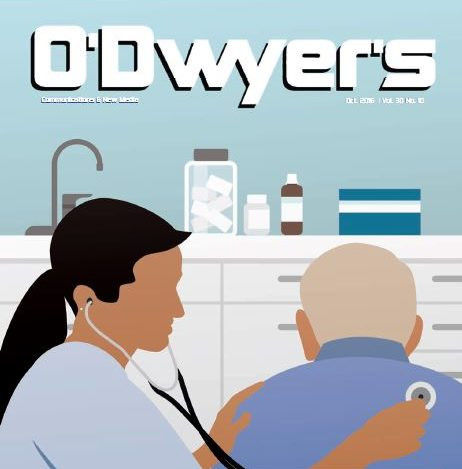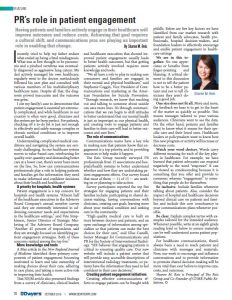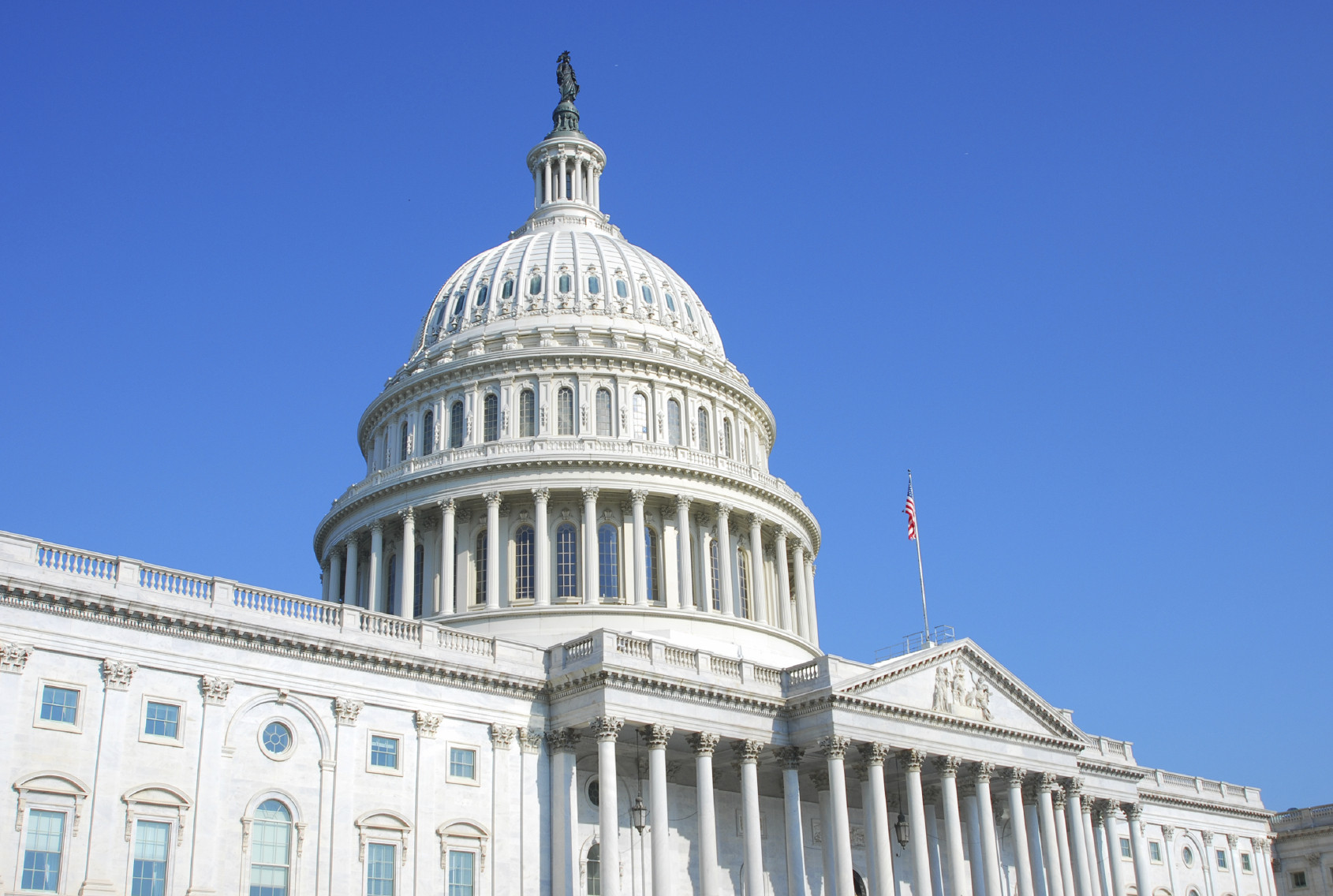As summer winds down, the days become shorter, kids head back to school, and the morning rush hour traffic picks up. By now, many of us are wistfully reflecting on those precious days this summer that weren’t crammed with meetings or deadlines, but instead were filled with hours on the beach holding delicious fruity drinks with little umbrellas, sitting on the porch swing at a sleepy lakeside cottage, or even a thrill-filled adventure with the little ones, running around Disney World.
Vacations are the perfect way to relax and recharge, and they provide us with many physical, mental and emotional benefits. Unfortunately, according to a report by the U.S. Travel Association, 55 percent of Americans did not use all their vacation time and gave up $61.4 billion in benefits in 2015. By not taking time off, you not only lose out financially, you’re also losing out on many health benefits. So, if you’re leaving vacation days on the table, here’s what you are missing:
Lowering your Stress Levels
We all know that vacations are helpful in reducing stress, but many may not realize just how damaging stress can be. Stress is your body’s natural reaction to threats – that includes deadlines, long hours at the office, handling crises for clients, and presenting at the upcoming board meeting. According to the Mayo Clinic, constant stress causes adrenaline to course through your body, which increases your heart rate and blood pressure, placing you at increased risk for developing anxiety, depression, heart disease, and weight gain. Vacations have been proven incredibly effective at lowering stress levels and helping the body return to a healthier state.
Improving Your Mental and Emotional Health
As your stress level lowers, your mind begins to clear as well. Research shows that vacations can have meaningful benefits for your mental health. They help to improve your mood and relax your mind by giving it a break from the mental exhaustion of work. By taking a break, many people find themselves able to be more present and “in the moment.” This also helps to boost your emotional health as well. The mental and emotional benefits increase with time – so embrace that weeklong trip to the shore – or maybe even two weeks. Your mind will thank you.
Increase your Productivity
Vacations can even help you when you get back to the office, because research suggests that taking vacation actually increases productivity. Results from a study conducted by the U.S. Travel Association found that those who use 10 or fewer vacation days are less likely to get a raise or bonus than those who took off 11 or more. So vacationing is not just a health benefit, but can benefit your career – and paycheck.
It’s easy to find excuses to skip out on a vacation. But the health benefits alone are important reasons for why vacations shouldn’t be ignored. They can be just as important to your happiness and career as showing up for work every day.




